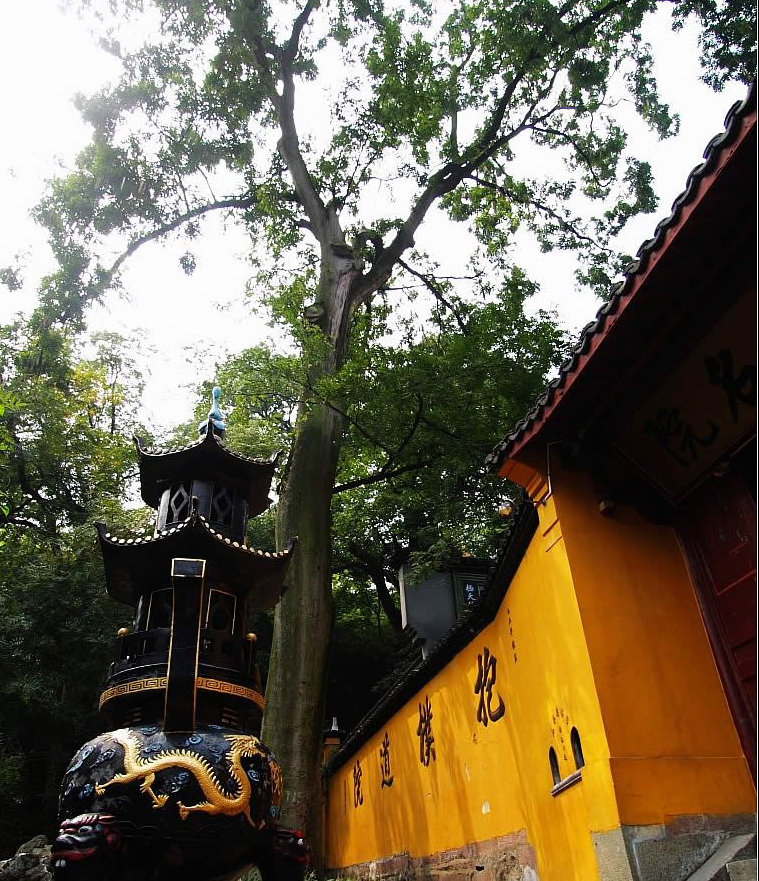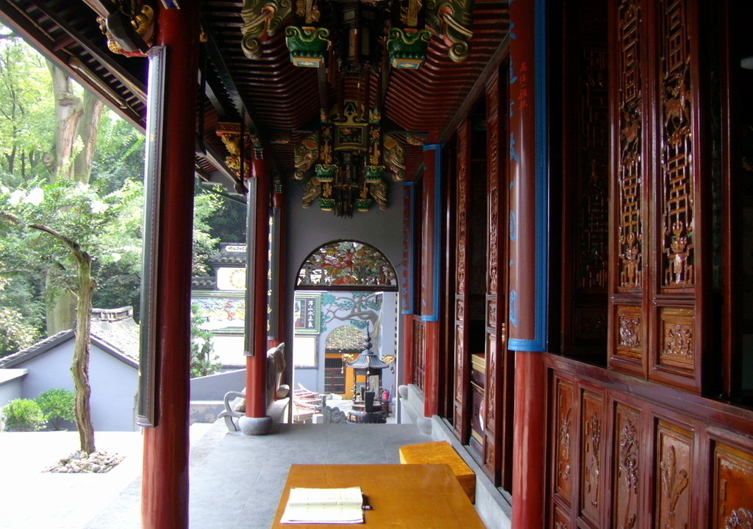Ge Hong was born in Jurong County, Jiangsu Province, during the Eastern Jin Dynasty (317-420). He called himself Zhi Chuan although his Taoist name was Bao Puzi. He was a famous maker of immortality pills, and he devoted the greater part of his life to the study of medicine, pharmacy, chemistry, and Taoist teachings. He was one of the earliest researchers of Chinese chemistry, and he wrote many books, including Bao Pu Zi, well known both inside and outside of China. This comprehensive work consists of 70 volumes recording the results of a systematic study of medical science.
Ge Hong also refined the 100-volume works, Synopsis of the Golden Chamber, written by Zhang Zhongjing of the Eastern Han Dynasty (25-220 A.D.) into a four-volume Taoist medical book entitled, A Handbook of Prescriptions for Emergencies. It is widely considered to be one of the earliest great works of medical history. Ge Hong is considered the ancestor of the brewing and printing-and-dyeing industries of China, due to his discovery of many mineral dyestuffs, uncovered during his making of pills of immortality, .
The Baopu Taoist Temple has undergone many renovations over the centuries. Originally built during the Eastern Jin Dynasty, it was extended during the period from the Southern and Northern Dynasties (420-589) through the Tang (618-907) Dynasties. It was further rebuilt during the Ming Dynasty (1368-1644).
Gexian Hall, the main hall of Baopu Temple, is constructed of wood and contains a platform where Ge Hong observed the sun, moon, and stars. The position of the platform is the best place on the hill for watching the sunrise.
Today, Baopu Temple is one of China's major Taoist temples. Encouraged by the Chinese government's policy of freedom of religious belief, local people and government officials have renovated the temple and its subsidiary buildings and placed the hills relics under protection. Every day, the priests of the temple study Taoist classics and medical treatises, as well as practicing martial arts. Visitors and Taoist believers can also see Taoist rituals and enjoy ancient Taoist music.

